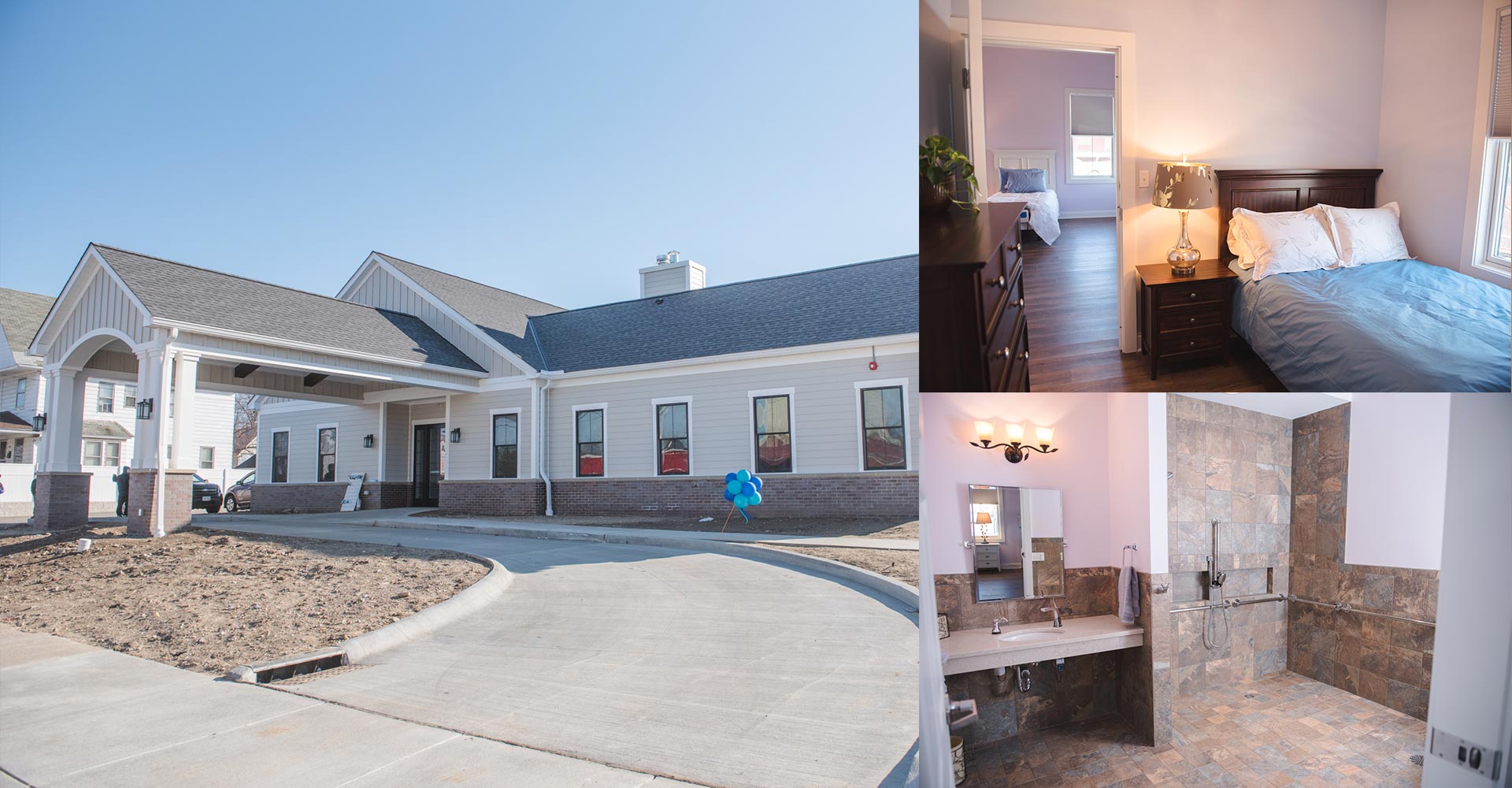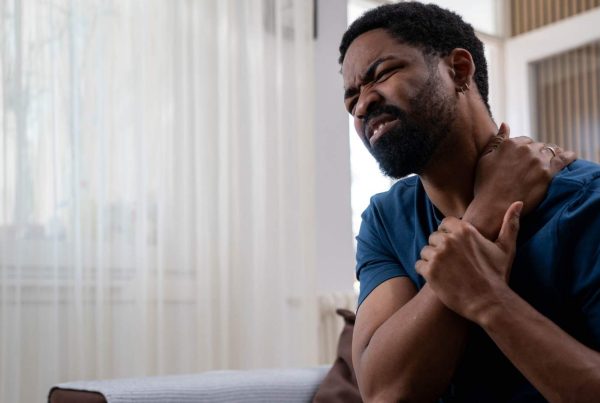Home: it was an idea that Kevin Kilgore, PhD, tossed around for many years.
A staff scientist in the MetroHealth Center for Rehabilitation Research and the Departments of Orthopedics and Physical Medicine and Rehabilitation (PM&R), Dr. Kilgore knew it was a massive logistical effort every time a patient participating in one of MetroHealth’s spinal cord injury research studies came to the clinic.
“A lot of our research participants fly in from around the country to be part of our research program at MetroHealth,” he says. “These participants have both their arms and legs paralyzed and need help with transportation and things like transferring into bed and so on.”
The participants don’t need to stay in the hospital—it’s too expensive for most anyway—and hotels aren’t a great option because there aren’t rooms designed for the needs of those with a spinal cord injury. On top of all that, it can take quite a bit of time to shuttle research participants back and forth between the hotel and the hospital.
Dr. Kilgore kept thinking there had to be a better option.
“For years, I’ve thought it would be great to buy a house right next to the hospital, make it fully accessible, and let our participants stay there while they get treatment,” he shares. “At one point, I used to park on the street and walk to the hospital. I’d pass these houses right across the street and think how perfect they would be for our research participants. I’d always say to myself, ‘Someday. Someday.’”
Someday, Today
His “someday” started to become a reality in 2015. Dr. Kilgore participated in “Think Tank,” an employee competition of innovative ideas that would improve both The MetroHealth System and the surrounding community. His idea of “MetroHouse,” a fully accessible house near the hospital for patients participating in research, made it to the final round, eventually winning $100K in a three-way tie for first place.
One of the Think Tank judges, Miguel Zubizarreta, was so impressed with the idea, that he presented an additional $500K check for the development of the house. By 2017, Dr. Kilgore’s “Someday” dream was today.
Making a House a Home
Now in its 7th year of operation—and still a one-of-a-kind offering in the physical medicine and rehabilitation world—the Zubizarreta House is a fully accessible home designed for individuals with paralysis, particularly spinal cord injury. To date, more than 100 research participants or patients have stayed there, representing 20 different U.S. states and countries in both North and South America.
The Zubizarreta House is adjacent to the Old Brooklyn MetroHealth campus, allowing easy access to the research laboratories and rehabilitation clinic. Guests can stay with their family and caregivers while they are participating in a research study or undergoing rehabilitation and treatment at MetroHealth Medical Center. Stays have been as short as one night and as long as six months. What Dr. Kilgore enjoys the most is hearing reactions once people enter the house to stay.
“Many times, it doesn’t click for people until they arrive. Before they get there, many envision a more hospital-like environment,” he explained. “Then they arrive and see this beautiful home with a great room and fireplace, overhead tracking system, private guest suites, big bathrooms and roll-in showers.”
There is no cost to individuals staying at Zubizarreta House while they are participating in research at
MetroHealth.
Not Done Yet
Seeing his idea come to fruition has been indescribable for Dr. Kilgore.
“It’s probably the only thing in my career that has panned out exactly as I thought it would—and it’s been amazing,” he shares. “Not only is it a huge asset for our
research program, it’s of great benefit to our research participants and their families.”
And Dr. Kilgore is still tossing around ideas.
“I’d like to expand the house,” he says. “I think we can handle twice as many suites pretty easily. I’d like to house even more research participants as well as those who are in between discharge and home who need time to get used to the daily care required for someone with a spinal cord injury.”
And, true to the home’s Cleveland location, Dr. Kilgore also wants to add an attached garage to help participants deal with Midwestern springs and winters. What makes a house—Zubizarreta House—a home is the stories that people live while they’re there. With his focus on treating patients as people first, it’s clear Dr. Kilgore is ready to help those who have had a spinal cord injury write many future chapters.











